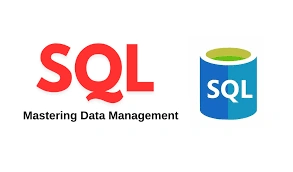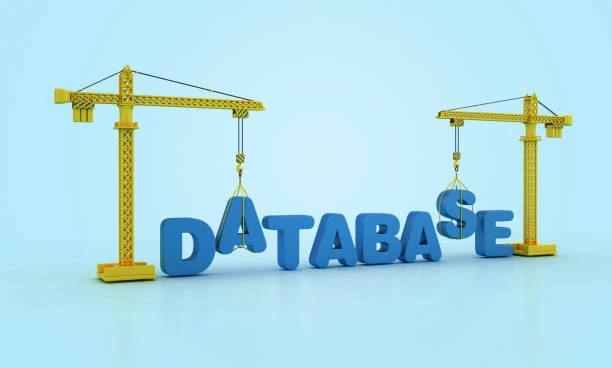Course Overview
This course provides a comprehensive introduction to SQL (Structured Query Language), the standard language for managing and manipulating databases. Participants will learn how to create, query, and maintain databases efficiently, utilizing SQL commands to handle data in various scenarios. The course covers fundamental concepts as well as advanced techniques, ensuring that participants gain the skills needed to manage large datasets, perform complex queries, and ensure data integrity. This course is ideal for professionals looking to enhance their data management capabilities or those entering the field of data analysis and database administration.
Course Duration
10 Days
Who Should Attend
- Data Analysts and Data Scientists
- Database Administrators
- IT Professionals
- Business Analysts
- Software Developers
- Anyone interested in learning SQL for data management and analysis.
Course Objectives
By the end of this course, participants will be able to:
- Understand the fundamentals of relational databases and SQL.
- Learn to write SQL queries to retrieve and manipulate data from databases.
- Gain proficiency in creating and modifying database structures.
- Develop skills to aggregate and summarize data using SQL functions.
- Understand how to join tables to extract relevant information from multiple datasets.
- Learn advanced SQL techniques for optimizing queries and managing large datasets.
- Gain knowledge of data integrity and best practices for managing databases.
- Understand how to use SQL in real-world scenarios, including reporting and data analysis.
- Develop the ability to troubleshoot common SQL issues and errors.
- Gain hands-on experience through practical exercises and real-world examples.
Course Outline:
Module 1: Introduction to Databases and SQL
- Database concepts: tables, records, fields, keys
- SQL basics: SELECT, FROM, WHERE clauses
- Data types and operators
Module 2: Data Manipulation with SQL
- INSERT, UPDATE, and DELETE statements
- Aggregate functions: COUNT, SUM, AVG, MIN, MAX
- Grouping data with GROUP BY and HAVING clauses
Module 3: Advanced SQL Queries
- Joins: INNER, OUTER, self-joins
- Subqueries and correlated subqueries
- Common table expressions (CTEs)
Module 4: Database Design and Normalization
- Entity-relationship diagrams (ERDs)
- Database normalization principles (1NF, 2NF, 3NF)
- Creating and altering tables
Module 5: SQL Functions and Stored Procedures
- Built-in functions: string, numeric, date functions
- User-defined functions and stored procedures
- Indexes and performance optimization
Module 6: Database Security and Integrity
- User management and permissions
- Data encryption and protection
- Constraints: primary keys, foreign keys, unique, check
Module 7: SQL for Data Analysis
- Window functions: RANK, DENSE_RANK, ROW_NUMBER
- Analytical functions: LAG, LEAD, FIRST_VALUE, LAST_VALUE
- Case studies in data analysis with SQL
Module 8: Database Performance Tuning
- Query optimization techniques
- Indexing strategies
- Database administration best practices
Module 9: SQL for Data Warehousing and Business Intelligence
- OLAP vs. OLTP concepts
- Data warehousing architecture
- SQL for data cubes and reporting
Module 10: Emerging Trends in SQL
- SQL on big data platforms (Hadoop, Spark)
- NoSQL databases and SQL integration
- Cloud-based SQL databases
Customized Training
This training can be tailored to your institution needs and delivered at a location of your choice upon request.
Requirements
Participants need to be proficient in English.
Training Fee
The fee covers tuition, training materials, refreshments, lunch, and study visits. Participants are responsible for their own travel, visa, insurance, and personal expenses.
Certification
A certificate from Ideal Sense & Workplace Solutions is awarded upon successful completion.
Accommodation
Accommodation can be arranged upon request. Contact via email for reservations.
Payment
Payment should be made before the training starts, with proof of payment sent to outreach@idealsense.org.
For further inquiries, please contact us on details below:






